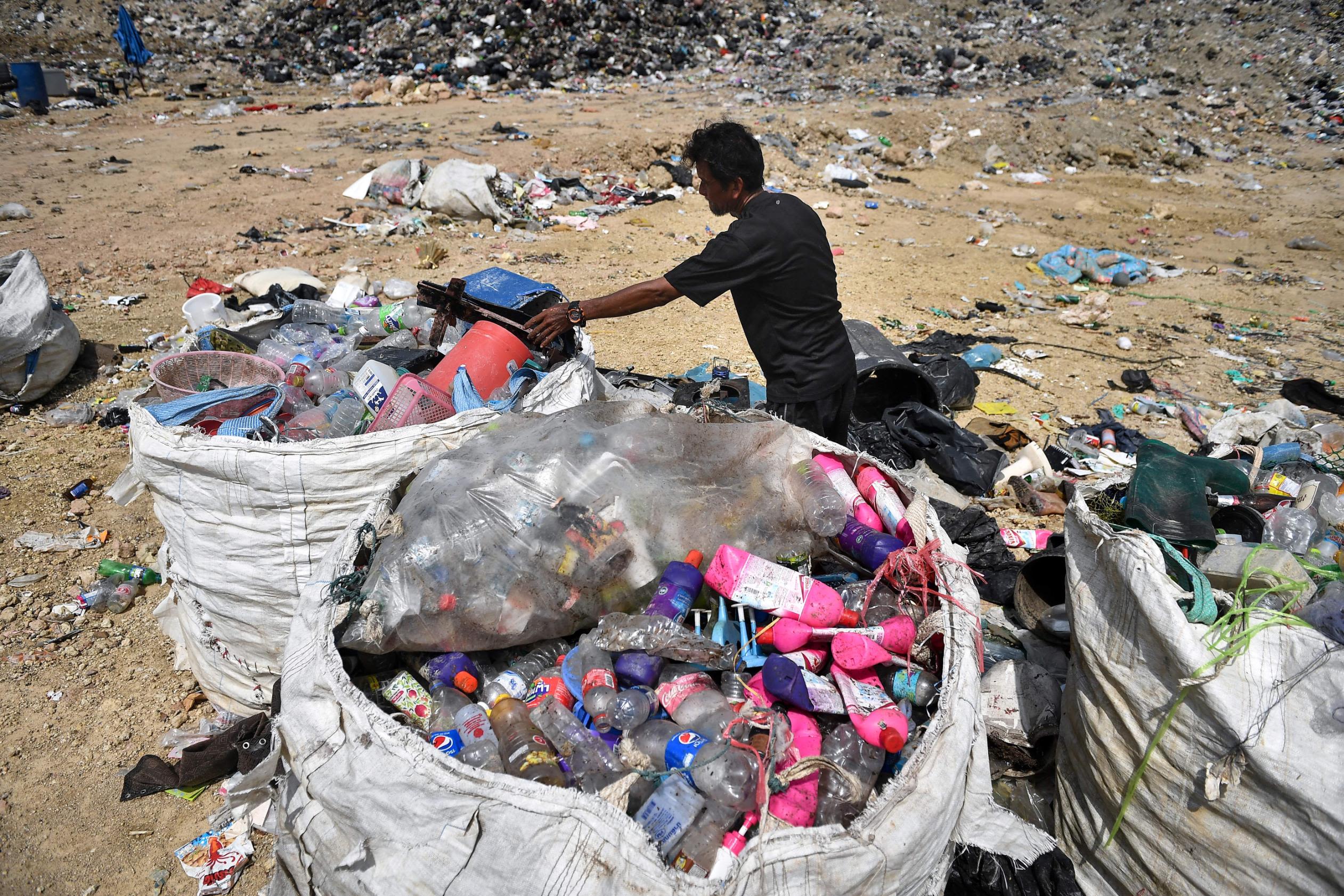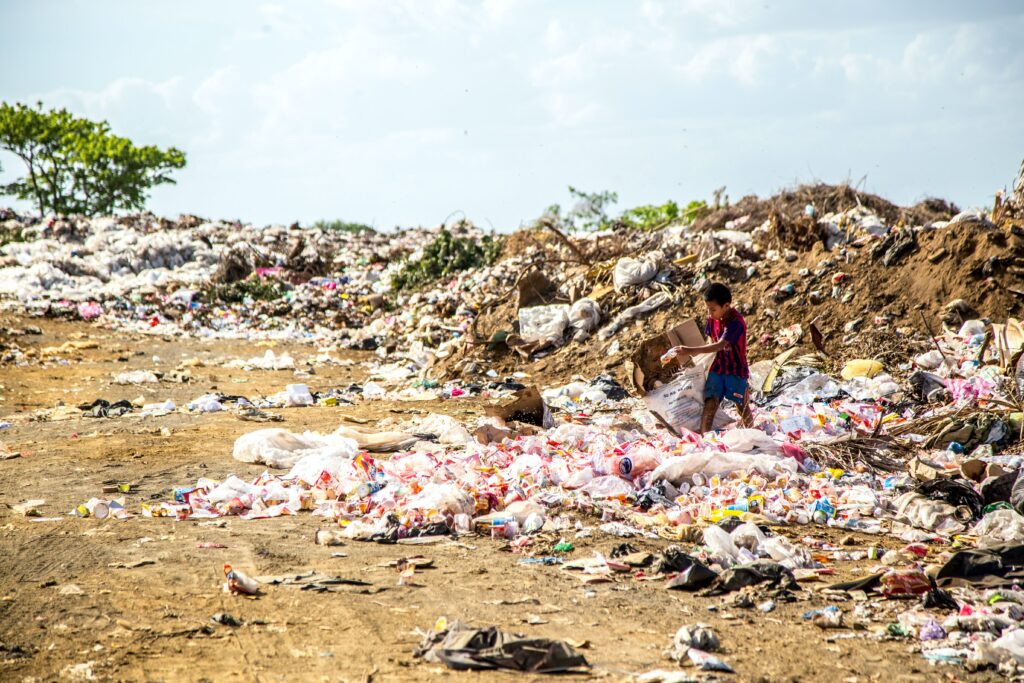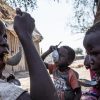This week, experts are gathering in Bangkok to advance what could become the first international treaty specifically addressing the escalating problem of plastic pollution. The negotiations are a critical step toward finalizing the treaty, with the concluding discussions scheduled to take place in South Korea in November. This treaty aims to set global standards and regulations to mitigate the environmental impact of plastic waste.
However, the Bangkok meeting has faced criticism for its lack of inclusivity. Environmentalists, tribal leaders, and local residents from communities severely affected by plastic production and waste have been excluded from the discussions.
Moreover, many representatives from the plastic industry also reported difficulties accessing the talks. This limited access contrasts with previous international environmental negotiations, where broader stakeholder engagement was more common.

The United Nations Environment Programme, which is sponsoring the meeting, has been urged by numerous organizations to improve transparency and public participation. Critics argue that excluding such groups could set a troubling precedent and undermine the treaty’s effectiveness. They emphasize that inclusive dialogue is crucial for developing a robust and comprehensive agreement.
The meeting in Bangkok marks the first instance where detailed discussions on the substantive aspects of the treaty will occur, focusing on technical issues related to plastic chemicals and financing mechanisms. The outcomes from these discussions will be considered in the final negotiations in South Korea. Previous meetings had largely concentrated on procedural matters and rules for decision-making.
While some countries are including environmental and scientific experts in their delegations, the overall exclusion of broader stakeholders remains a significant concern. The debate highlights the importance of ensuring diverse input in treaty processes, especially when addressing complex global issues like plastic pollution. Advocates argue that meaningful solutions require input from all affected parties to create an effective and equitable treaty.

